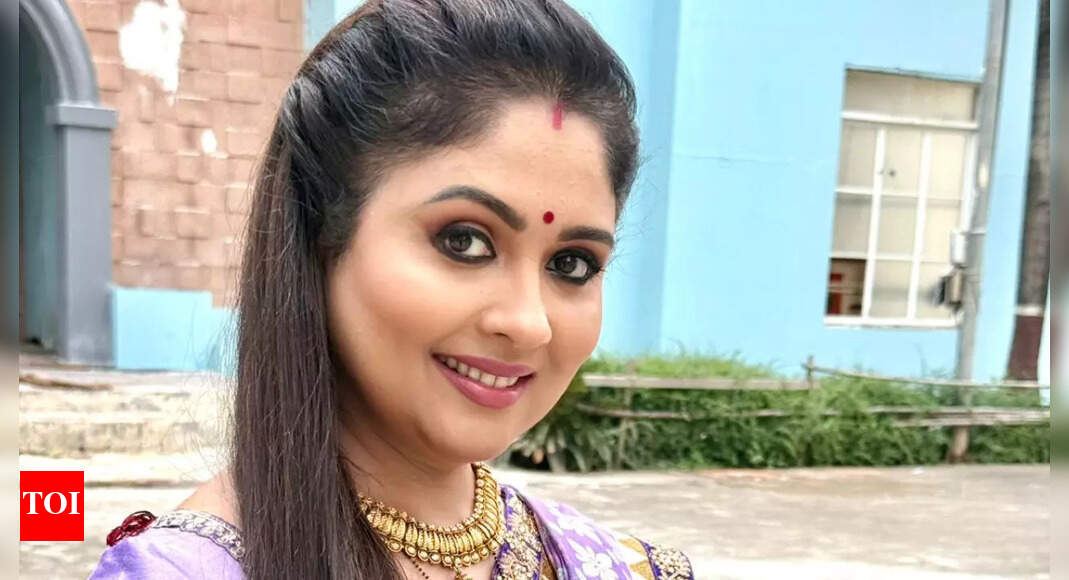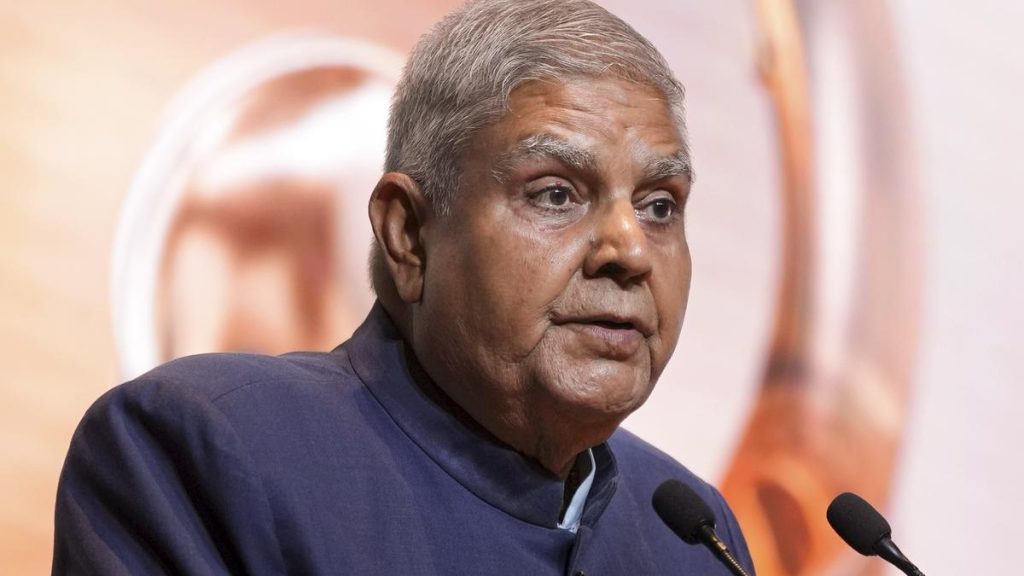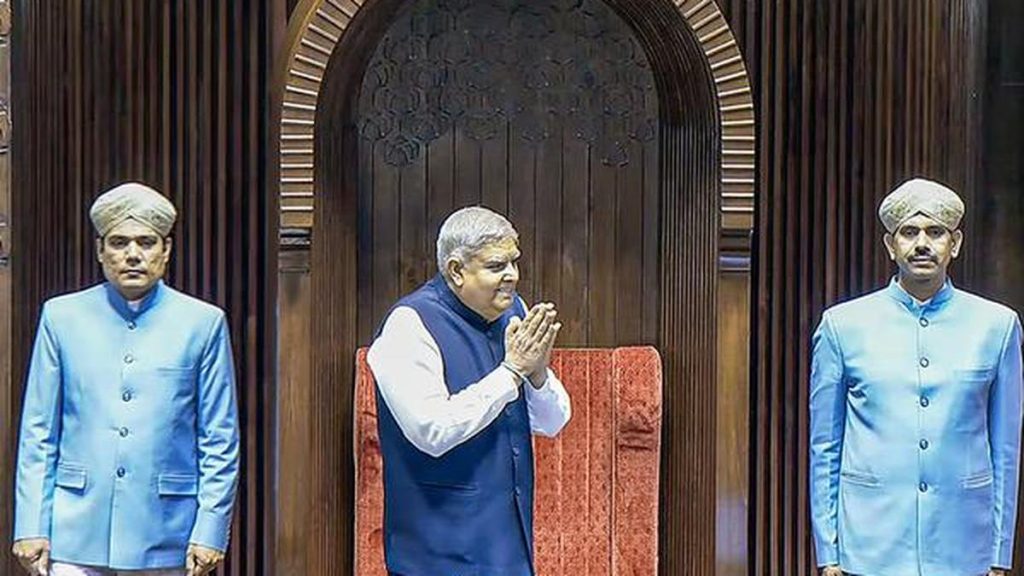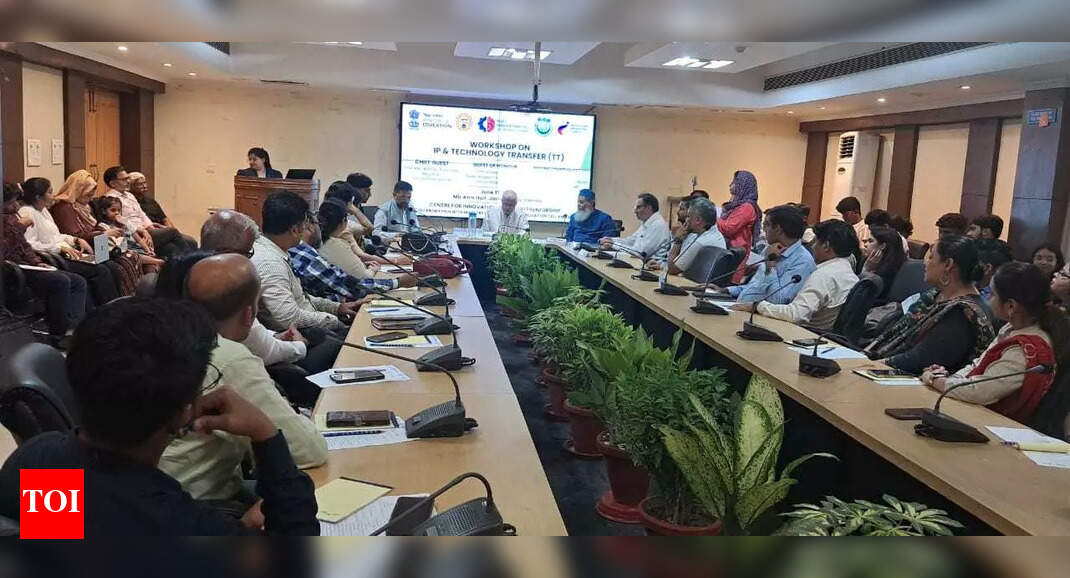Now Reading: Prachi Kowli on Daily Soaps: A Unique Bond with the Audience
-
01
Prachi Kowli on Daily Soaps: A Unique Bond with the Audience
Prachi Kowli on Daily Soaps: A Unique Bond with the Audience

Speedy Summary
- Prachi Kowli, known for her role as Uma in Meri Bhavya Life, emphasizes the unique connection daily soaps create with viewers.
- She discusses the demanding work environment of daily soaps involving long hours, fast turnarounds, and consistent content creation.
- According to Prachi, the routine of daily soap broadcasts embeds shows into viewers’ lives, fostering emotional bonds. Viewers often treat characters like family members and sometimes alter their thought processes based on character actions.
- Prachi sees this emotional connection as a significant responsibility for actors and values her family’s feedback on her performances.
- She mentions challenges actors face due to public exposure, including trolling on social media but stresses separating constructive criticism from negativity.
- Upcoming episodes of Meri Bhavya Life will feature major twists with secrets revealed that test relationships while showcasing new dimensions to Uma’s character.
!Image: Meri Bhavya life’s Prachi Kowli
Indian Opinion Analysis
Daily soaps occupy a distinct place in Indian television culture by offering consistent engagement and emotional resonance for audiences across diverse demographics. Prachi Kowli’s perspective underscores how these shows shape viewer experiences deeply-whether through relatable storylines or dynamic characters who evolve alongside the audience over time.
The detailed insights shared by Prachi highlight significant takeaways about this genre:
- The intense production cycle ensures continuity but can also challenge creators in maintaining quality storytelling amidst rigorous schedules.
- Emotional connections form a key pillar of such programming; however, they carry added ethical responsibility regarding societal influence.
- The modern challenge of navigating online feedback reflects broader issues faced by public figures in addressing both constructive criticism and digital toxicity effectively.
While daily soaps may not appeal universally due to their predictable elements or melodrama tropes,their enduring popularity suggests they fulfill cultural functions beyond entertainment-nurturing familiarity and reinforcing community ties during day-to-day life routines within India’s socio-cultural fabric.























